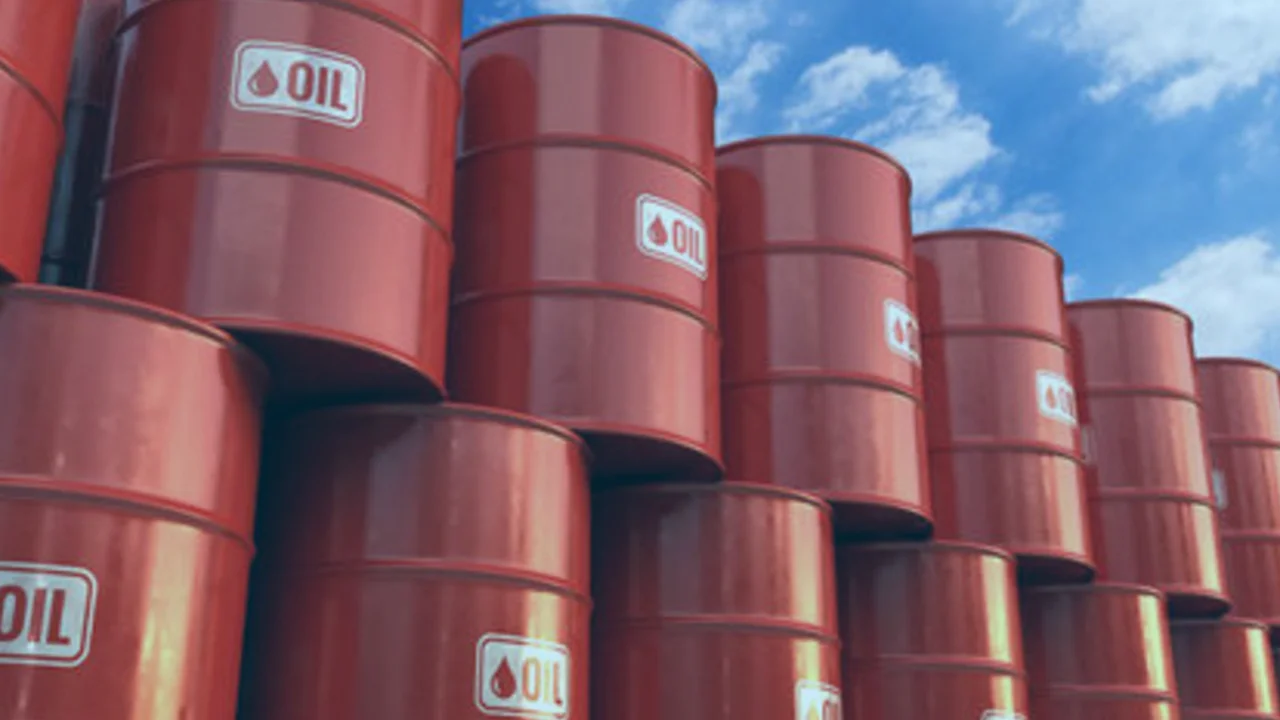How Iran Lost its Clout on World Energy Markets
Despite Iran’s record levels of oil and gas reserves, the country is losing its strategic position in the global energy security scene due to its poor performance as an exporter, comparative data shows.
In terms of hydrocarbon reserves, Iran has the fourth-largest oil reserves and second-largest gas reserves in the world. When these oil and gas reserves are combined, Iran takes the top spot for energy reserves in the world, well ahead of Russia or Saudi Arabia. Chart 1 compares these energy reserves using the “barrels of oil equivalent,” which converts gas volumes to equivalent oil volumes.
However, despite this strategic advantage, Iran’s ability to affect global energy prices is relatively low. This is because Iran has failed to establish itself as a reliable exporter on world markets. Iran’s only gas export route to Turkey faces regular disruptions and was the subject of legal disputes between the two countries. When Russia’s invasion of Ukraine last year led the EU to seek alternatives to Russian gas, it found a partner in Azerbaijan, not Iran.
Iran’s performance compares poorly with Qatar, which has 23% less gas reserves than Iran, exported 106.8 Billion M3 of LNG in 2021, accounting for 20.7% of the world’s total LNG export and making it the second-highest LNG exporter in the world. Qatar’s LNG is sold in the Middle East to countries like Dubai and Kuwait as well as worldwide to Japan, Korea, China, India, EU and UK. This makes Qatar a strategic supplier with the power to seriously impact global gas prices.
Iran’s performance on the global oil market is equally poor. When the United States reimposed sanctions on Iranian oil exports in 2018, market watchers expected the resulting supply disruptions would cause global oil prices to soar. It came as a blow to Iran’s strategic position when no such price hike actually materialised. At present, Iran exports as much as 1.3 Million barrels of crude oil per day, according to Bloomberg News. While this constitutes a significant volume in terms of global oil trades, most of this oil is sold to China involving opaque middlemen, below the radar of most global buyers or major trading houses.
Years of economic isolation have led Iran to make trade decisions that have damaged its reputation as an energy exporter. As a result, Iran has become marginalised in the global energy scene, limiting its ability to impact prices. This was not always the case. Two of the most significant oil price shocks in the past 50 years were linked with Iran. Chart 2 shows how oil prices jumped almost 70 percent in 1979 amid the turmoil of the Islamic Revolution, and again around 50 percent in 1980 as a result of the Iran-Iraq war.



